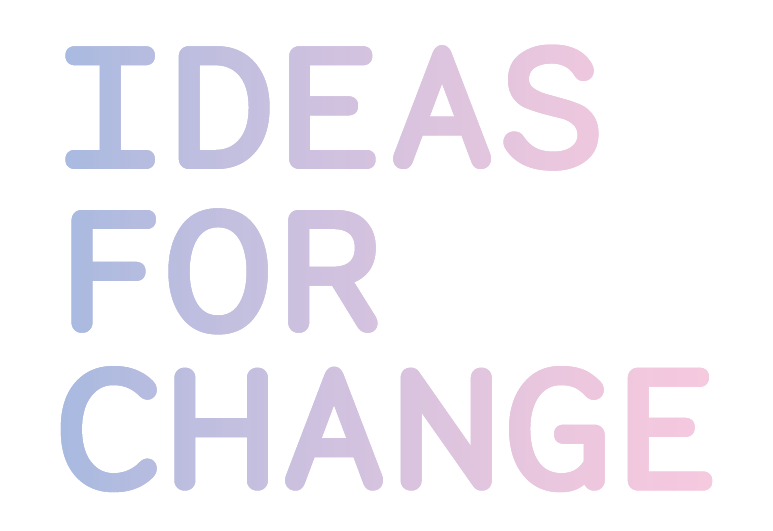Which tech do we need to integrate data governance in Data Trusts?: the DATALOG case study
By editorial team.
(Originally published in English)
The project DATALOG, funded under the “Ciutat Proactiva 2022” programme launched by Bit Habitat Foundation from the Barcelona City Council, aims to enable responsible data sharing and reuse through new data governance mechanisms. The initiative represents a fiduciary entity working as a data trust in Barcelona and acting as data intermediary for the common good.
The use and management of data is in the spotlight. The rise of open data in governments and organisations is mobilising civil society towards generating new solutions to tackle challenges from the social agenda. In this context, DATALOG flourishes aiming to empower citizens to take ownership and decisions on the consumption data from water, electricity and gas, to promote responsible use, fight energy poverty and foster sustainability.
What’s a Data Trust?
Data Trust is a legal structure that facilitates data stewardship and sharing. These are institutions that establish effective data governance mechanisms to empower its members to take control on how their own data is managed, shared, and used. Often, data trusts address aspects of planetary wellbeing through new forms of urban data management. Following this perspective, DATALOG increases the knowledge of urban flows by making granular data accessible and providing data analysis tools with a privacy-by-design approach. Hence, DATALOG is an instance of Data Trust that makes volunteer data collection and sharing for the common good and research purposes possible.
The infrastructure supporting DATALOG
In DATALOG, citizens provide their data voluntarily, uploading their data or authorising the platform to collect the data from the service providers on their behalf. The processing and analysis of this data will enable both individual outputs such as personalised consumption reports or anomalies detection, as well as collective ones to monitor and understand consumption patterns across the city and beyond. This data, and the related insights will be then shared and made available through larger European data infrastructures. At this point, data spaces will be particularly useful as they simplify the process to integrate data from different sources. In this way, DATALOG will contribute to the vision and goals being established in the EU through the emerging data spaces. But, what does that mean?
A Data Space is a federated ecosystem where voluntary, sovereign and secure data sharing materialises from a decentralised infrastructure following shared governance, regulatory and technical mechanisms. It facilitates the discoverability, access and re-use of the data provided by its participants and it’s based on four principles:
Security and data sovereignty: security in data sharing is ensured through certification processes and approval of participants.
Equality of conditions in the data economy: a data space facilitates the entry of new actors to a given sector, making available the data offered by the different participants, always respecting their respective conditions and policies of use.
Decentralised soft infrastructure: a Data Space is not a monolithic infrastructure, but a collection of standards, reference models and software solutions.
Participatory governance: the essence of a data space is the representation of the needs and conditions of all the actors involved.
DATALOG roadmap
After the elaboration of a dedicated manifesto about project plans and actions, the Data Trust was constituted as a legal entity. Now, what’s next? This summer, the data collection campaign and the pilot case will start. This data will serve the development and exploration of the first algorithms and related models of the demo-site. These will be complemented by visualisations and prediction tools to help understand the urban impact and reduce greenhouse emissions by understanding how we consume. This phase will help the project to validate the first results by the end of the year.
The next stage will be the official release of Minimum Viable Product (MVP) in Barcelona, to spread the core pieces of the DATALOG stack and the protocol for data governance. And beyond…from Barcelona to the world! The project foresees testing the results in other contexts and places in order to replicate the model towards different horizons.
Keep reading:
Did you like this article?
Receive more content like this in your inbox!












